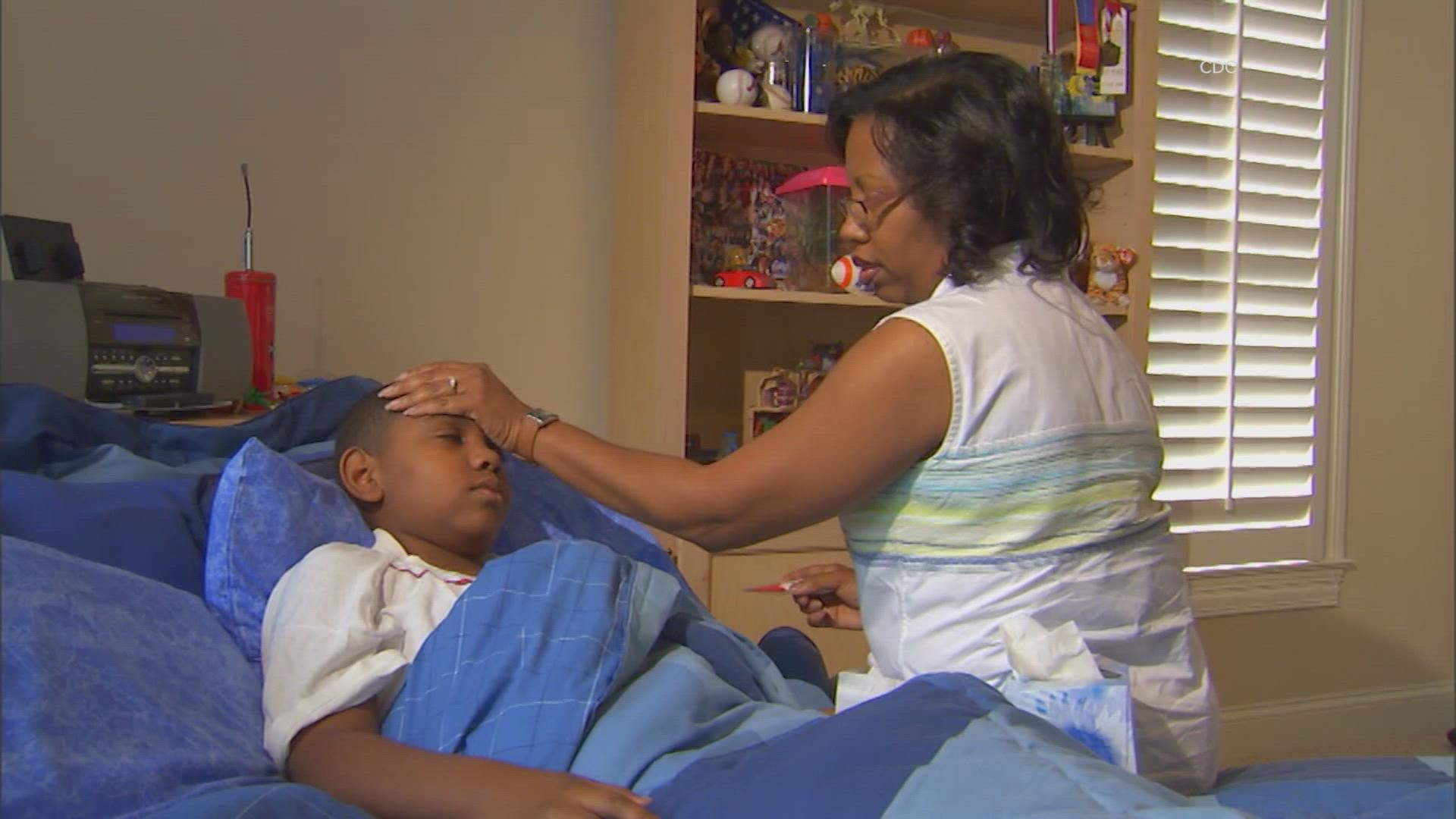PORTLAND, Maine — Maine CDC Director Dr. Nirav Shah offered tips on Tuesday for people to stay healthy ahead of gathering for Thanksgiving.
Shah urged people to treat gatherings in three phases: before, during, and after.
Before you gather, get your updated bivalent COVID booster and stock up on tests for guests to take the day of the gathering. You can get tests for free from accesscovidtests.org. The shots are also free.
During the gathering, Shah said the most important action people can take is to stay home if they feel sick, meaning people should not travel to or attend the gathering.
After the gathering, he urges people to monitor themselves for symptoms.
He said it is possible we could see a rise in flu, COVID, or RSV if people do not take enough precautions.
"There is a definite possibility that after the holiday gatherings, we will see increases in COVID, RSV, and the flu," Shah said. "It need not be that way because each one of us can take steps to reduce that likelihood, but it's a risk."
COVID LESSENING
Shah said hospitalizations and wastewater levels show less prevalence of COVID. He is urging people to get their bivalent booster to prevent a new surge. As of Wednesday, more than 21 percent of Maine people have gotten that shot according to the U.S. CDC, ranking Maine second in the country.
"That's really great, but I'd love to see that 21 number a lot higher," Shah said. "The virus we're dealing with a year or two years from now is probably going to look a lot different from the one we've got today, but we've got a vaccine that is really effective for the virus circulating today."
FLU CASES RISING
Emergency room visits for flu-like illnesses are up. On average, they make up more than 5 percent of all ER visits. That figure has doubled since the first of the month.
"Unfortunately, given the trends we're seeing right now, the flu situation is likely to get worse. All the more reason to go out and get your flu shot," Shah said.
He said this year's flu shot is a better match for this version of the virus. Shah said it could help lessen the current burden on Maine hospitals. As of Wednesday, there are just three open pediatric critical care beds across the state. While hospitals can flex standard medical beds into critical care beds by adding equipment and ventilation protocols, the true difficulty is having the proper staff to care for the patients.
RSV STRAINING HOSPITALS
Shah said healthy habits are critical to slow the spread of RSV, another respiratory virus hitting infants and toddlers particularly hard.
He urges people to stay home if they feel sick, mask up in indoor crowded places, and keep up good hand hygiene.
Shah said he and his fellow public health leaders have discussed if there is a need to bring back mask mandates but said there is no final decision. He said ultimately, school district superintendents can make that call independent of the Maine CDC.
"Right now, we're really focused on asking families to do their part at home to help keep their kids safe," Shah said.
Shah added there is one prevailing theory among medical experts about why the U.S. is seeing a surge in RSV cases. He said staying home during the pandemic could be one factor.
Many kids who were, or normally would have been, exposed to RSV in their first two years of life, either lost some immunity or were not exposed at all.
"When you combine the fact that there are more kids who are susceptible and fewer beds than we really ought to have, it's unfortunate that we're seeing what we're seeing," Shah said.

